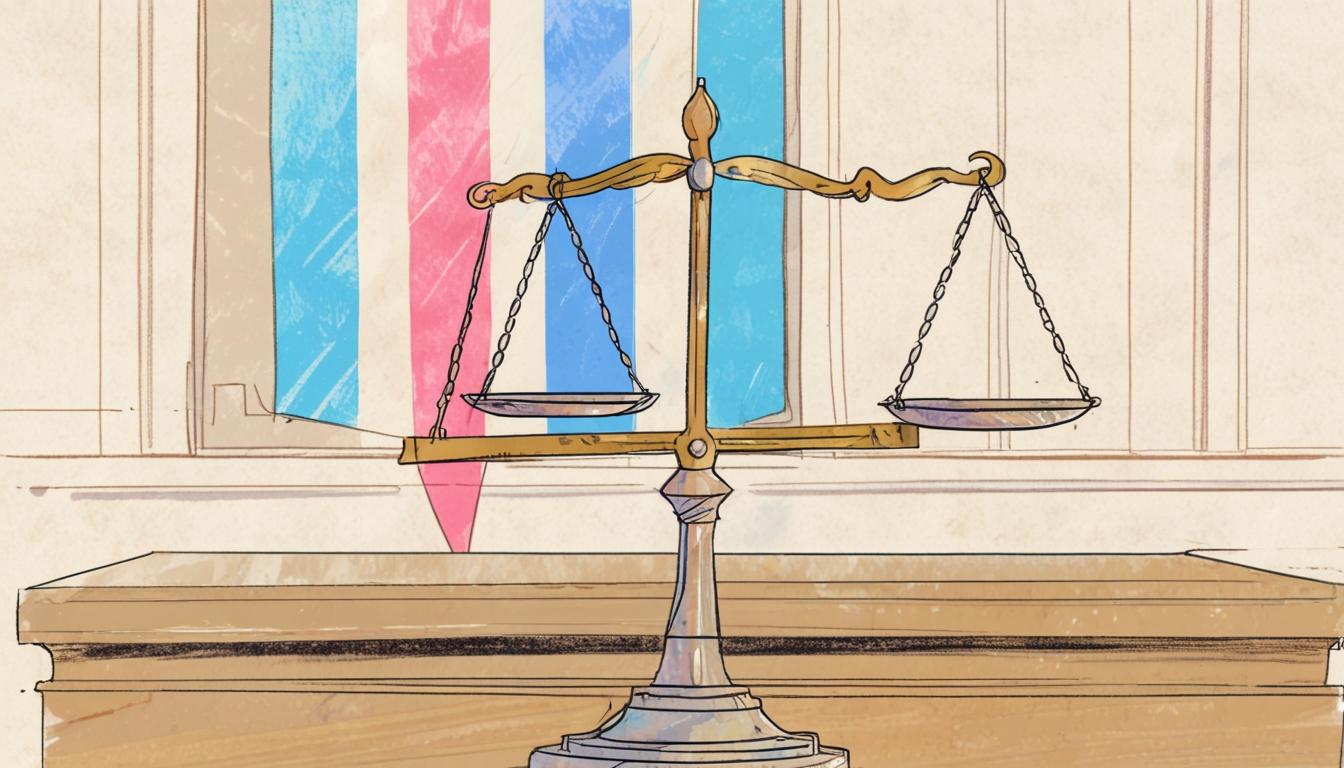The head of the Equalities and Human Rights Commission (EHRC), Baroness Falkner, has strongly responded to the backlash against the judiciary following a significant Supreme Court ruling on gender rights. This ruling has ignited a considerable debate regarding transgender rights in the UK.
Baroness Falkner stated that questioning the integrity of Supreme Court justices simply because individuals disagree with their rulings is "unacceptable." The EHRC issued interim guidance in response to the court's decision, which held that the term "woman" is to be understood in relation to biological sex. This guidance notably asserted that trans women, defined as biological men, should not have access to women's facilities in workplaces or public-facing services, such as shops and hospitals. However, the Commission also highlighted the necessity for trans individuals to have appropriate facilities available to them, indicating a recognition of the complexities involved in providing inclusive spaces.
In her comments to The House magazine, Baroness Falkner emphasised the importance of legal clarity, asserting that the claims of trans individuals not being heard are "simply incorrect." She noted that the public discourse surrounding this issue remains deeply polarized, reflecting the varying perspectives within Parliament, where legislators express their constituents' concerns regarding the balance between competing rights.
Simultaneously, a robust response has emerged from sectors of society opposing the EHRC's guidance. More than 1,000 individuals have signed an open letter directed at the EHRC, expressing their inability and unwillingness to "police the gender of people using our toilets." Among the signatories are prominent figures such as Florence Schechter, founder of the Vagina Museum, and joint chief executives of the Welsh National Opera, Adele Thomas and Sarah Crabtree.
This letter articulates significant concerns about the guidance issued by the EHRC, contending that it fails to adequately protect trans, non-binary, and intersex individuals from discrimination. The signatories argue that many cultural venues, which often grapple with financial pressures and reside in older buildings, lack the resources to create new toilet facilities that comply with such guidelines. They describe the potential for enforced segregation as "profoundly unfair," cautioning that it would have considerable social, cultural, and economic ramifications.
Moreover, they stress the need for comprehensive consultations with the trans, intersex, and non-binary communities before issuing any further guidance or legislation. Their letter calls for discussions that also involve those managing cultural venues and public buildings, to examine the implications of any new policies on operations, safety, and inclusivity.
In related developments, a number of actors, including the Oscar-winning Eddie Redmayne and Babygirl star Harris Dickinson, have added their voices to the ongoing debate by signing a separate open letter directed at film and television industry bodies. This letter sought to support the transgender community, aligning itself with over 2,000 signatories of an earlier letter from UK writers to the trans community. This movement reflects a growing concern within the arts and entertainment sectors about inclusivity and support for diverse gender identities.
The recent discussions surrounding the ruling and subsequent backlash underline the complex interplay between rights and societal perceptions, as various stakeholders navigate this sensitive and evolving landscape.
Source: Noah Wire Services
